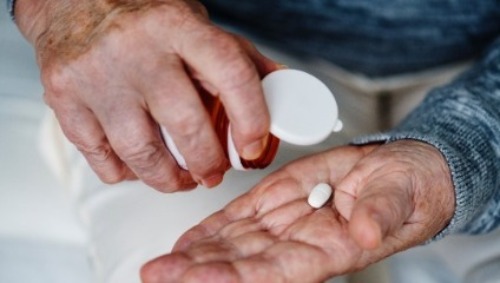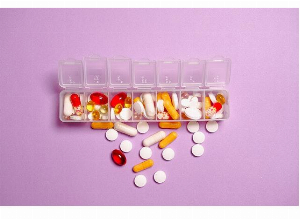Doctors Charged Over Opioid Prescriptions
Published Oct 19, 2018

Prosecutors unveiled charges on Thursday against five New York doctors, a pharmacist and associates for allegedly illegally distributing millions of oxycodone pills and fueling the nation's opioid addiction crisis.

The 10 defendants, arrested in raids across the US financial capital, were accused of conducting little or no examination of patients before prescribing the pills in exchange for hefty cash payments.
"They were drug dealers in white coats," said Geoffrey Berman, the US Attorney for Manhattan. "They hid behind their medical licenses to sell addictive, dangerous narcotics," he added.
One doctor with offices in the Bronx and Westchester was accused of issuing oxycodone prescriptions in exchange for thousands of dollars, expensive dinners, high-end whisky, cruises and all-expenses-paid trips. Another, Dante Cubangbang, 50, and his associates at a clinic in Queens, allegedly prescribed more than six million oxycodone pills knowing that the
recipients had no legitimate medical need for them. Those at the clinic allegedly collected more than $5 million in cash fees.
"Part of what is driving this opioid epidemic is a prescription epidemic," Berman told a news conference. "They did it for a very simple reason: greed. They did it for cash, for meals and expensive gifts," he added.
Carl Anderson, 57, a Staten Island physician, often saw patients in the middle of the night, where noisy crowds of pill-seeking patients prompted 911 calls from neighbors, prosecutors said.
Anthony Pietropinto, an 80-year-old Manhattan psychiatrist, wrote prescriptions to drug addicts, including one patient who overdosed, they added.
The opioid epidemic has helped fuel the first drop in US life expectancy at birth over two consecutive years since the early 1960s, statisticians say. In 2016, 63,600 people died nationwide from a drug overdose, according to the Centers for Disease Control and Prevention. That works out to an average of 174 Americans a day.
In the city of New York alone, around 1,500 individuals died of drug overdose in 2017, and the majority of deaths involved opioids.
The battery of charges includes conspiracy to distribute controlled substances, which carries a maximum sentence of 20 years in prison.
Do you think this could lead to further restrictions on access to medicines for those who trully need it?
1 comment
You will also like

What are the dangers associated with the over-the-counter sale of certain medicines?
Dec 19, 2020 • 6 comments

 Facebook
Facebook Twitter
Twitter


